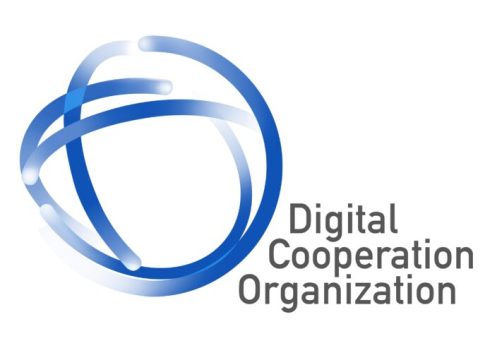In the aftermath of the recent global IT outage that sent shockwaves across critical sectors worldwide, the Digital Cooperation Organization (DCO) has taken swift action to convene an emergency gathering of its member states and digital economy experts.
This high-level meeting aims to meticulously dissect the lessons learned from the incident, meticulously assess its far-reaching impact on national digital transformation plans, and collaboratively strategize practical measures to mitigate the risks of similar disruptions in the future.
According to DCO Secretary-General Deemah AlYahya, “The high level of impact the world witnessed as a result of the unfortunate outage is alarming and indicates the dire need for a more effective and agile international digital cooperation.”
AlYahya’s statement underscores the pressing need for collective action to address the vulnerabilities exposed by the outage, which brought vital operations to a grinding halt across various sectors, including aviation, banking, broadcast media, and software providers.
READ MORE: FG Pledges To End Exhorbitant Fuel Prices, Unveils New Initiative
The DCO’s proactive initiative brings together its 16 member states, representing a formidable economic bloc with a combined GDP of nearly $3.5 trillion and a market of approximately 800 million people, over 70% of whom are under the age of 35.
This diverse group of nations, including the Kingdom of Bahrain, the People’s Republic of Bangladesh, and the Kingdom of Saudi Arabia, among others, will engage in intensive discussions to develop a unified response to the challenges posed by the outage.
As AlYahya emphasized, “The incident raised questions on continuity and sustainability in a world rapidly moving towards being highly dependent on digital channels and platforms.
It is very crucial that the international community develops proper policies and protocols to mitigate the risks of such incidents and ensure the continuity of essential operations.”
The DCO’s urgent discussions will focus on ensuring alignment among relevant stakeholders across sectors to effectively manage similar disruptions in the future, thereby safeguarding the stability and resilience of the global digital economy.




